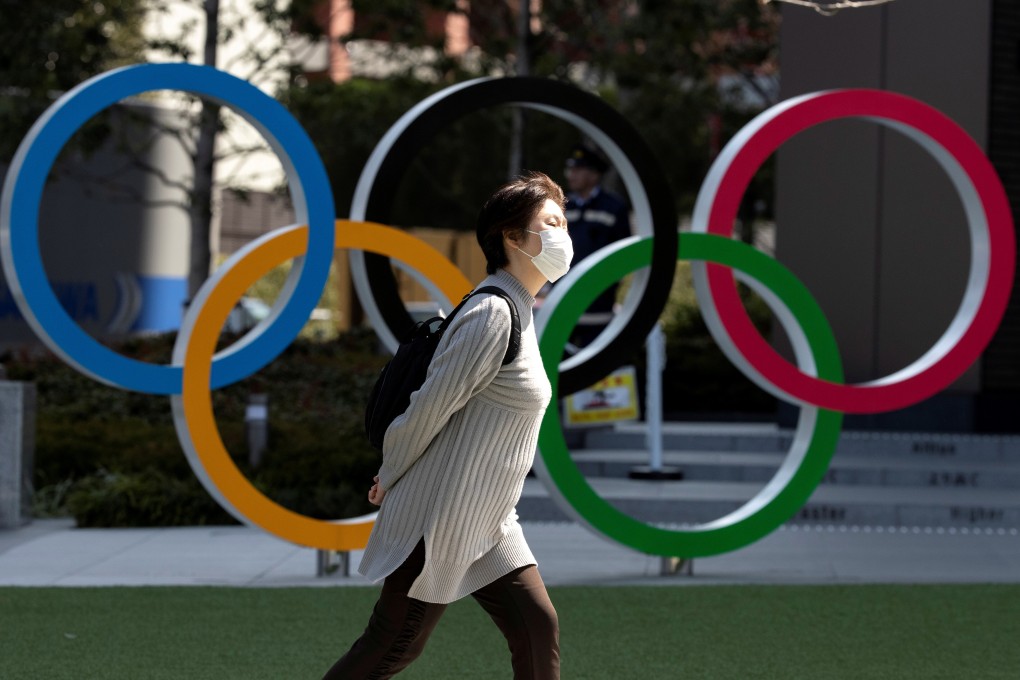Advertisement
Destinations known | Will the ‘cursed’ Tokyo Olympics go ahead? Saving face might prove more important than fans’ presence
- Public support for the Games, which have cost Japan US$15.4 billion already, has dropped to new lows
- With another postponement out of the question, the show must surely go on?
Reading Time:3 minutes
Why you can trust SCMP

Last summer, Tokyo should have joined Athens, Paris, London and Los Angeles as one of the few cities to have hosted the Summer Olympics more than once. Of course, the pandemic put a spanner in the works and the event was postponed until July 23, 2021.
It wasn’t the first time Japan’s capital had been forced to delay the Games. The Land of the Rising Sun was set to become the first non-Western country to host the Olympics in 1940, but it forfeited the right to do so when it went to war with China, in 1937, a fact not lost on Japan’s Deputy Prime Minister Taro Aso, who last year said, “It’s a problem that’s happened every 40 years – it’s the cursed Olympics, and that’s a fact.” In 1980, Japan was one of 65 countries to boycott the Games in Moscow, to protest against the Soviet invasion of Afghanistan.
Renowned for his gaffes – Aso recently blamed Japan’s low birth rate and ageing population on women and he once praised Nazi leader Adolf Hitler’s motives – in this instance, he might be right, as debate erupts over whether the Games should go ahead this year.
Advertisement
Public support for the event, which was supposed to bring in a significant number of the 40 million tourists Japan hoped to attract in 2020, has plummeted amid a new wave of Covid-19 cases and a state of emergency declared in several prefectures, including Tokyo. According to a poll by the Kyodo news agency, 80 per cent of respondents believe the Games should be cancelled or postponed again, a 20 per cent increase from a December survey.
The International Olympic Committee has ruled out another postponement, meaning the show must go on – or not; while Prime Minister Yoshihide Suga has committed to hosting a “safe and secure” Olympics, a cabinet minister told Reuters on January 14 that “it could go either way”.
Advertisement
Advertisement
Select Voice
Select Speed
1.00x
